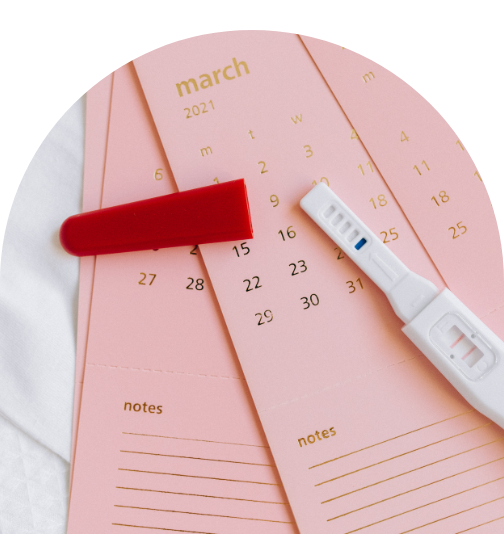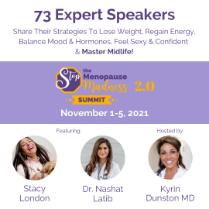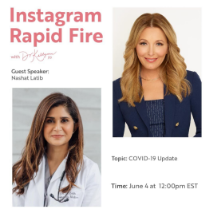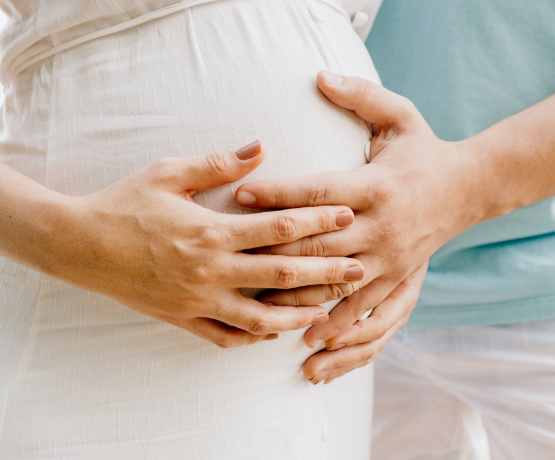Finding the Optimal Timeframe for Fertility Treatments
The journey towards parenthood can be an exciting and fulfilling chapter in one’s life. However, for some couples, the path to conception may present unexpected challenges. Deciding when to seek fertility treatments can be a deeply personal and complex decision. At Reimagined Health, we often receive the question, “How Long to Try Conceiving Naturally Before Seeking Fertility Treatments?” In this article, we will explore the factors that influence the duration of trying to conceive naturally before considering fertility treatments. More importantly, I will share with you how lifestyle choices can optimize fertility naturally.
Understanding the Normal Time Frame
Conception is a multifaceted process, and it can take time for a couple to successfully conceive naturally. In general, medical professionals advise couples under the age of 35 to try for a year before seeking fertility assistance. However, if the woman is over 35, it is recommended to consult a specialist after six months of trying. These timelines act as general guidelines, and individual circumstances should be taken into account.
If you would like our support to walk through the process step by step, we are here for you! Watch our free, on-demand masterclass here and take the action step to apply to work with us. We’ve helped countless couples like you succeed in optimizing their fertility, even when they are starting a family a little later in life.
Factors Influencing Fertility
Numerous factors influence fertility, both in men and women. Age plays a significant role, as fertility declines with advancing years, especially after the age of 35 for women. Other factors include hormonal imbalances, ovulation irregularities, sperm health, underlying medical conditions, and lifestyle choices. It’s crucial to evaluate these factors and seek medical advice if concerns arise.
Optimizing Fertility Naturally
Before embarking on fertility treatments, couples can implement strategies to optimize their chances of conceiving naturally. Here are some lifestyle changes and practices that may positively impact fertility:
- Healthy Diet: Consuming a balanced diet rich in fruits, vegetables, whole grains, lean proteins, and healthy fats can provide essential nutrients for reproductive health.
- Regular Exercise: Engaging in moderate exercise regularly can help maintain a healthy body weight and promote overall well-being, potentially enhancing fertility.
- Stress Management: Chronic stress can negatively impact fertility. Finding effective stress management techniques, such as yoga, meditation, or counseling, can be beneficial.
- Avoiding Harmful Substances: Limiting or abstaining from alcohol, tobacco, and recreational drugs is crucial for both partners, as these substances can impair fertility.
- Timing Intercourse: Understanding the menstrual cycle and identifying the fertile window can optimize the chances of conception. Tracking basal body temperature, cervical mucus, or using ovulation prediction kits may assist in determining the most fertile period.
Identifying Risk Factors and Seeking Help
While natural methods are often the first choice for couples, it is important to recognize potential risk factors that may warrant earlier intervention. These risk factors include a history of irregular periods, known fertility issues, previous reproductive organ surgeries, endometriosis, polycystic ovary syndrome (PCOS), and a family history of genetic disorders. At Reimagined Fertility, we’ve worked with men and women who struggle to conceive naturally. We’ve seen an 80% success rate in helping them get pregnant with our 4R Fertility Formula™.
When to Seek Fertility Treatments
It may seem like the next logical step to go to a fertility clinic if you can’t conceive after the recommended time frame. It’s important to know that medical fertility interventions can range from basic interventions like fertility medications to more advanced procedures such as intrauterine insemination (IUI) or in vitro fertilization (IVF). The right treatment option will depend on the specific circumstances, but our goal at Reimagined Fertility is to ensure that the journey to parenthood and growing your family is the least invasive and treats each couple with the most dignity.
Conclusion
Deciding how long to try conceiving naturally before seeking fertility treatments is a personal decision. While many couples achieve pregnancy naturally within a year, it is essential to be aware of individual circumstances, age-related concerns, and potential fertility issues. By adopting a healthy lifestyle, understanding fertility optimization strategies, and identifying risk factors, couples can make informed decisions about seeking fertility treatments. Remember, every couple’s journey is unique, and seeking professional guidance is always recommended to navigate this emotional and transformative process.








